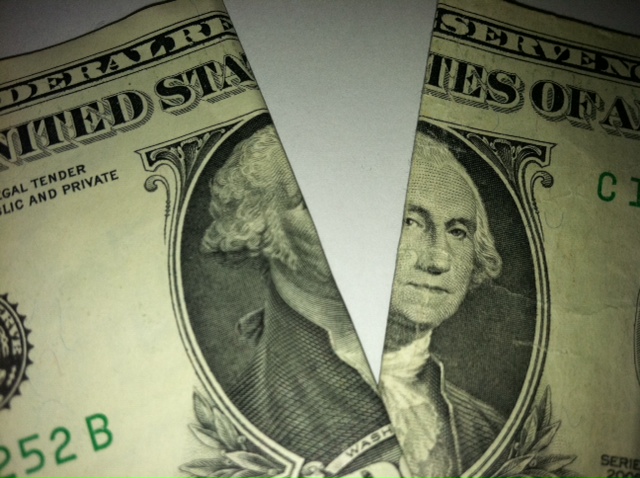Banking, finance, and taxes
Why Citigroup Will Favor Stock Buybacks over Dividends
Published:
Last Updated:
Citigroup Inc. (NYSE: C) is defying the market trends so far on Wednesday as the company’s annual shareholder meeting. The bank is still in what will be a multiyear turnaround. At the company’s annual shareholder meeting we have many issues covered under corporate governance issues. Citi addressed the dividend and its stock buyback ambitions and many other key issues.
First and foremost, all of the slated directors were approved as were the compensation plans. The bank has maintained that it cannot cut its way down to glory and that no one should be satisfied in management until it has rebuilt its credibility. This was on the heels of noting that the regulatory and political headwinds remain significant while the economic environment is challenging. As a reminder, regulators have more oversight on Citigroup than on most of the other heavily regulated banks.
Citi’s dividend and share buyback plans were addressed. While there will be an even focus spread between the share buyback efforts and between the dividend payouts in the longer term, Citi said that it plans to remain more focused on buying its stock as long as that stock is trading under its book value. When you see the discount to book value this may make more sense. We would also note that Citi pays a dividend yield on its common stock of not even quite 0.1%. That being said, it may just make more sense to keep buying down its stock to avoid public sentiment headlines against the bank rasing its dividend fivefold or tenfold just to be competitive with other bank payouts.
The bank is signaling that the bulk of its shrinking efforts has been done, although that did not imply that more divesting or layoffs might not be seen here and there. This was after discussing a reviewing of alternatives routinely and saying that the current path is the best for the bank.
Our main takeaway for investors is that Citi may divest operations here and there, but the major portion of the restructuring has been seen. We would also expect that the bank will buy its shares when it can and the focus is going to be there over begging regulators to start paying higher and higher dividends.
Apparently the results are good enough so far. On a day when the S&P 500 is teetering between red and black and when the DJIA is down 25 points we have Citigroup shares trading up 1.7% at $47.25 against a 52-week trading range of $24.61 to $47.92. At the first quarter earnings report, Citi represented that its stated book value increased to $62.51 per share and its tangible book value increased to $52.35 per share.
As a reminder, Fitch just warned on Tuesday that the best in earnings trends have already been seen in the first quarter for the rest of 2013 at the major banks.
The last few years made people forget how much banks and CD’s can pay. Meanwhile, interest rates have spiked and many can afford to pay you much more, but most are keeping yields low and hoping you won’t notice.
But there is good news. To win qualified customers, some accounts are paying almost 10x the national average! That’s an incredible way to keep your money safe and earn more at the same time. Our top pick for high yield savings accounts includes other benefits as well. You can earn up to 3.80% with a Checking & Savings Account today Sign up and get up to $300 with direct deposit. No account fees. FDIC Insured.
Click here to see how much more you could be earning on your savings today. It takes just a few minutes to open an account to make your money work for you.
Thank you for reading! Have some feedback for us?
Contact the 24/7 Wall St. editorial team.